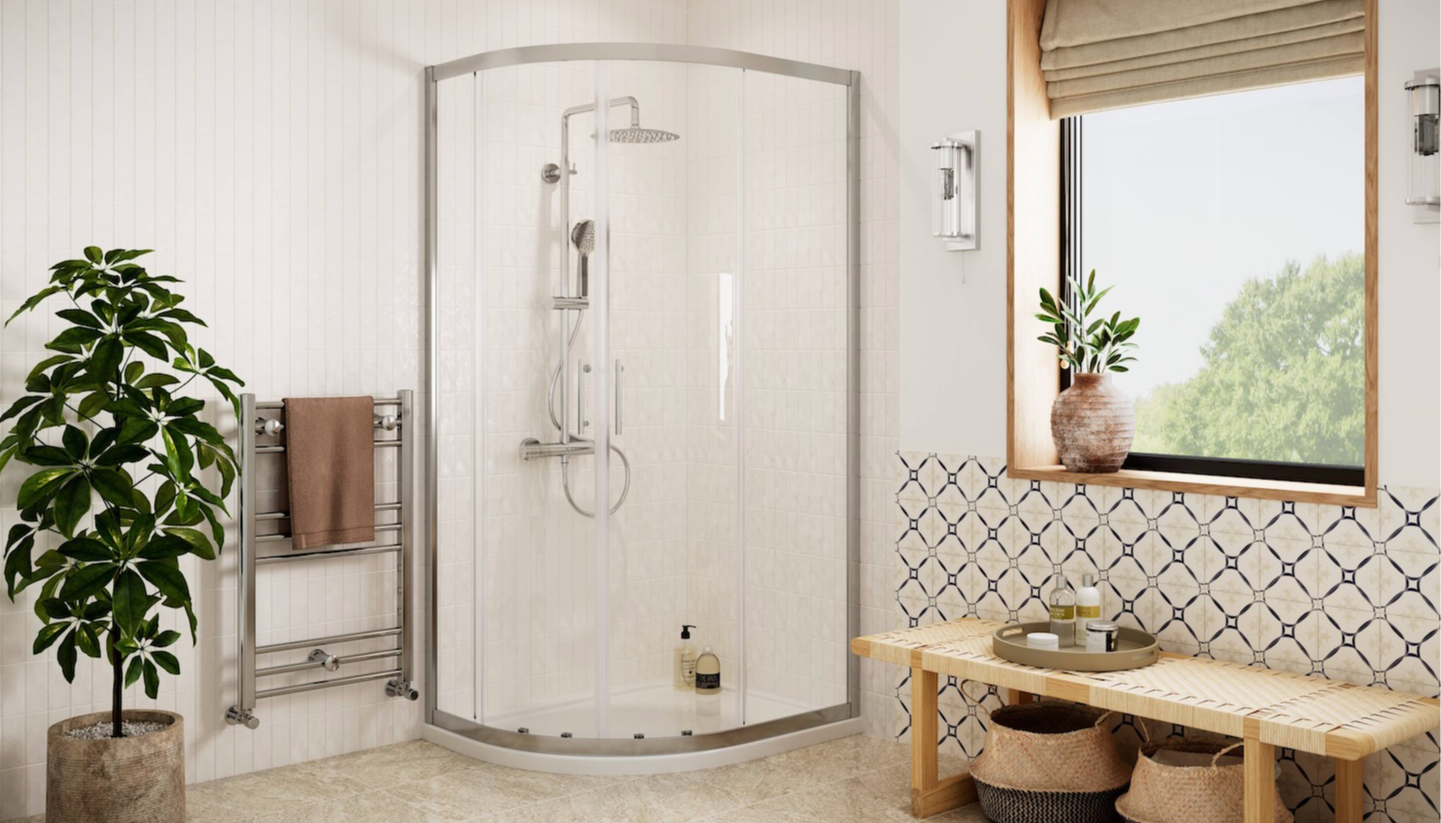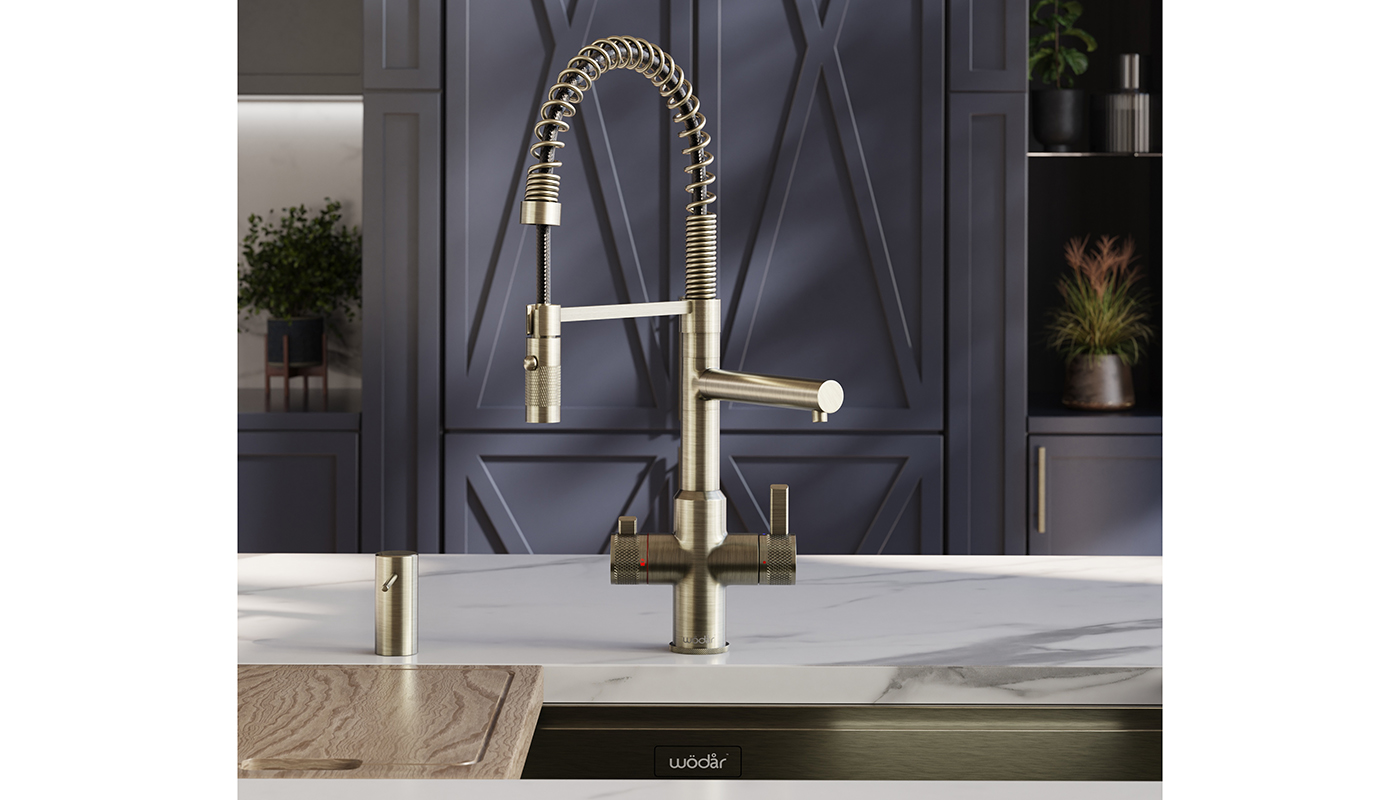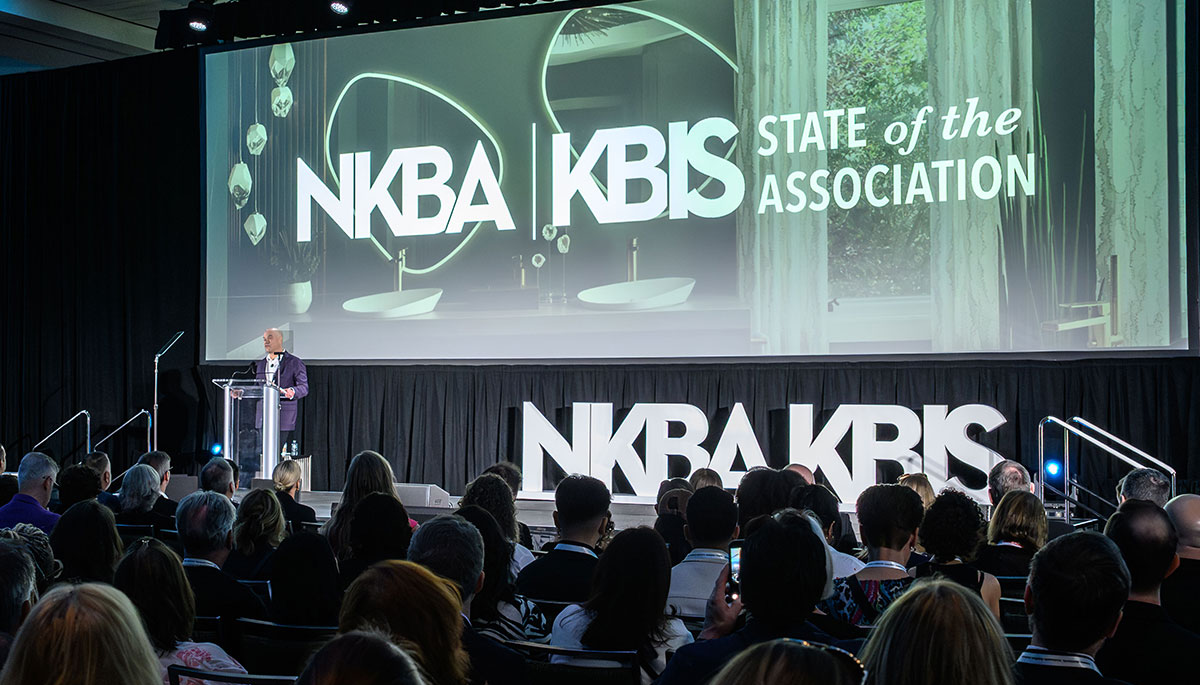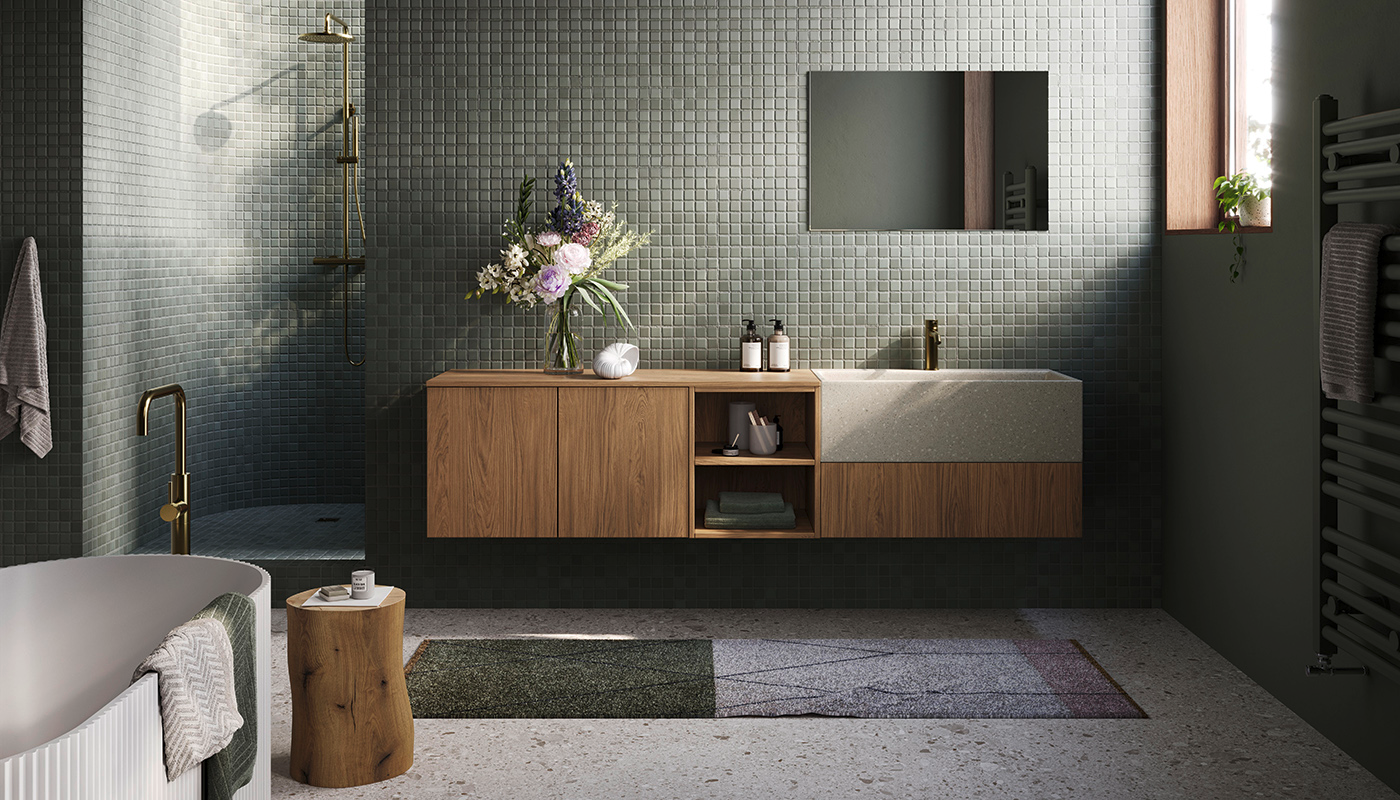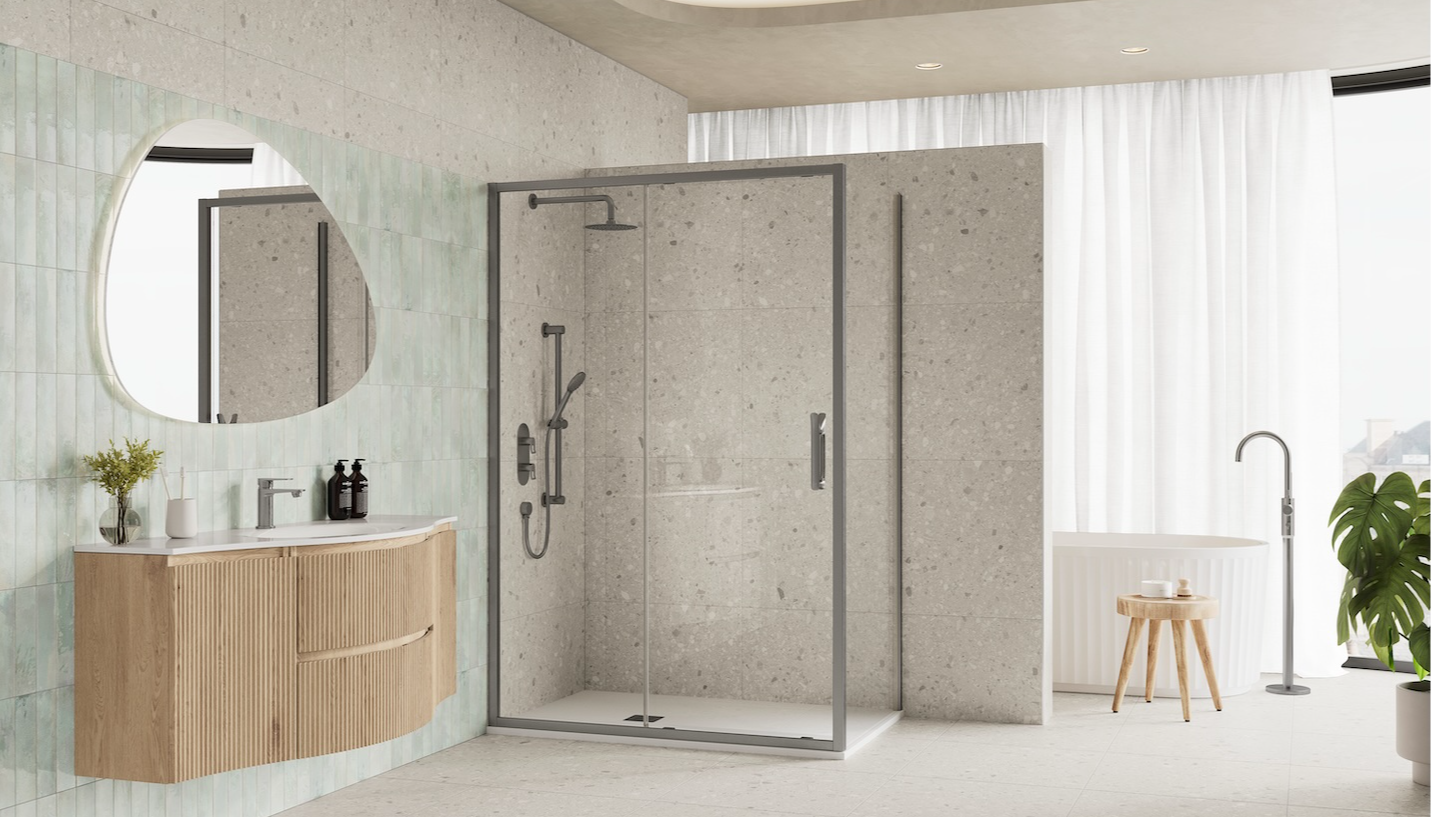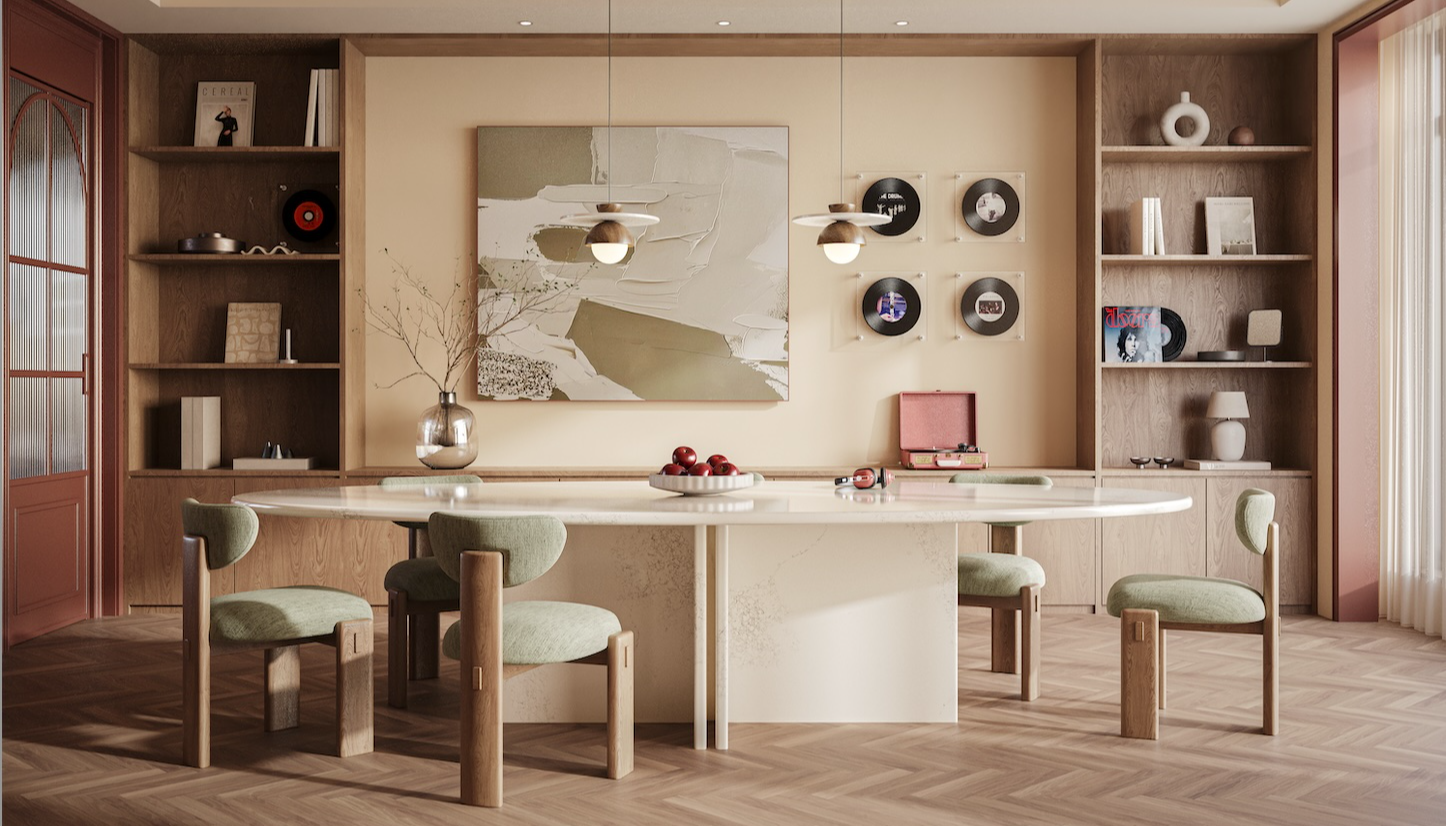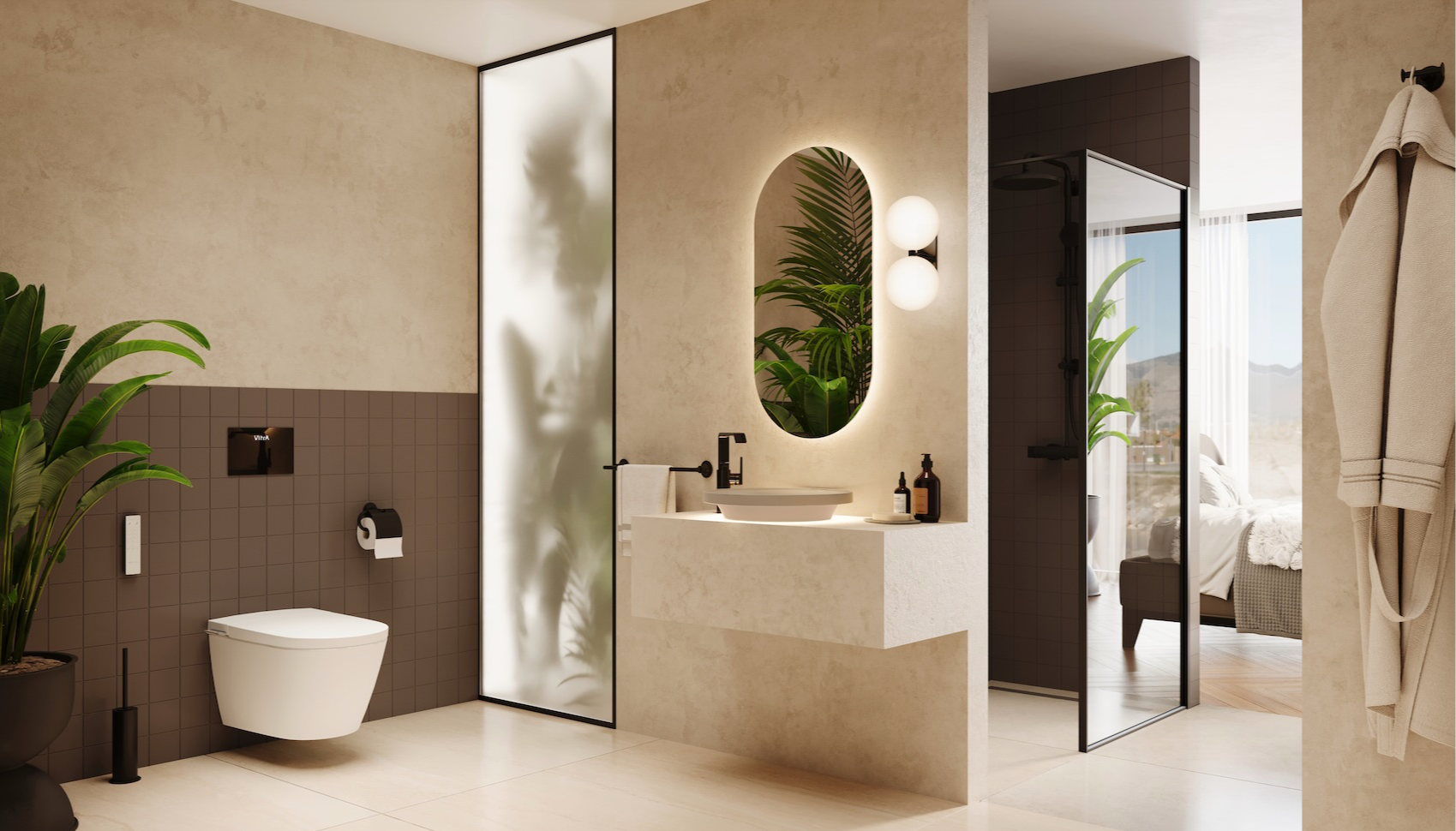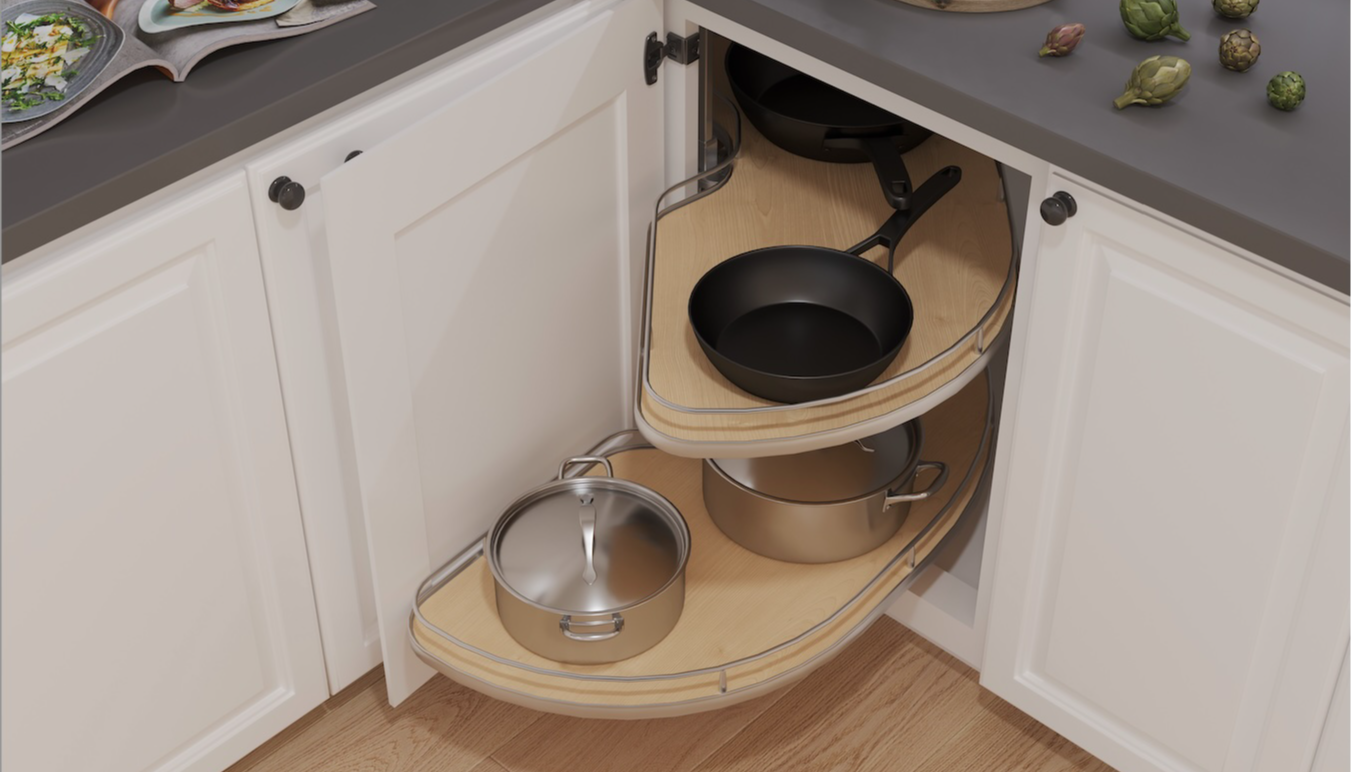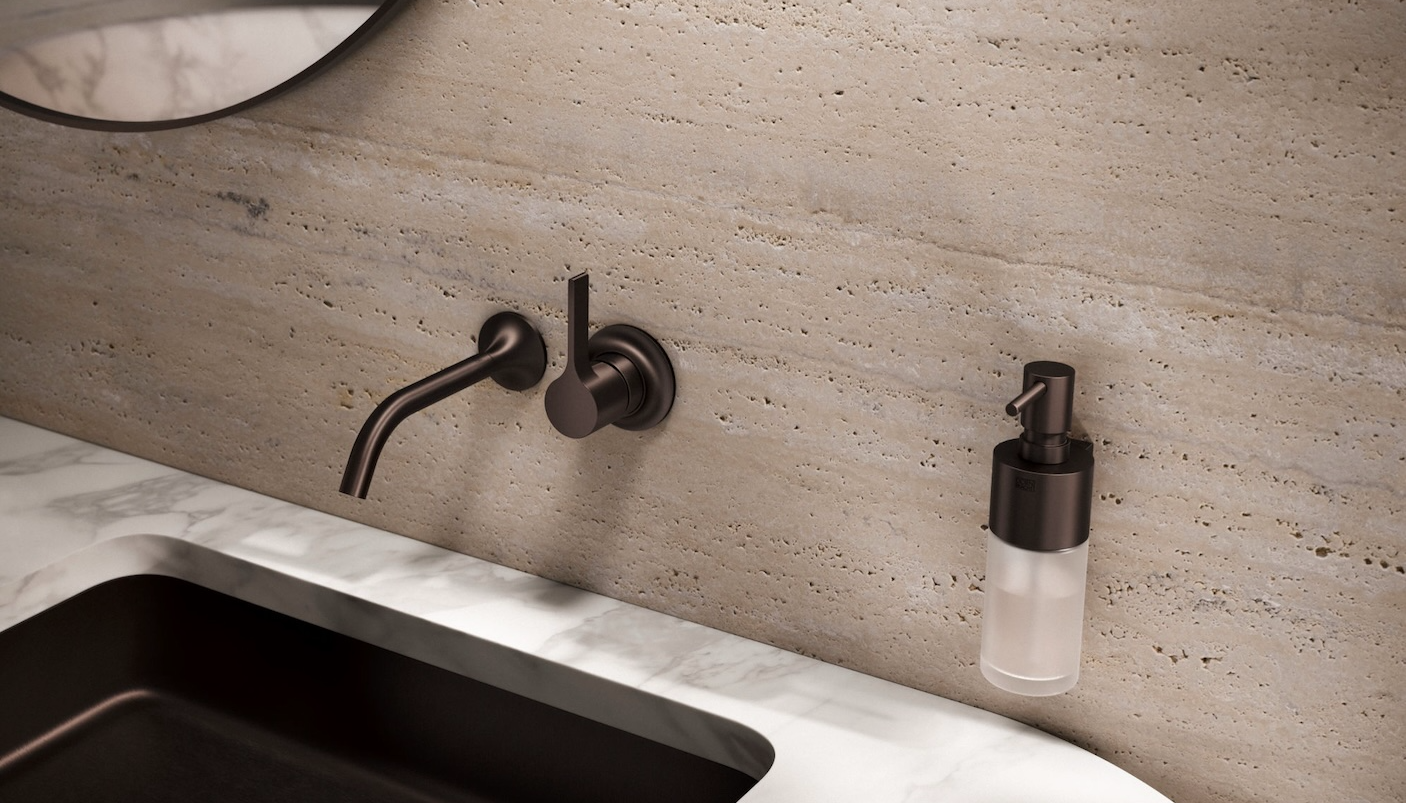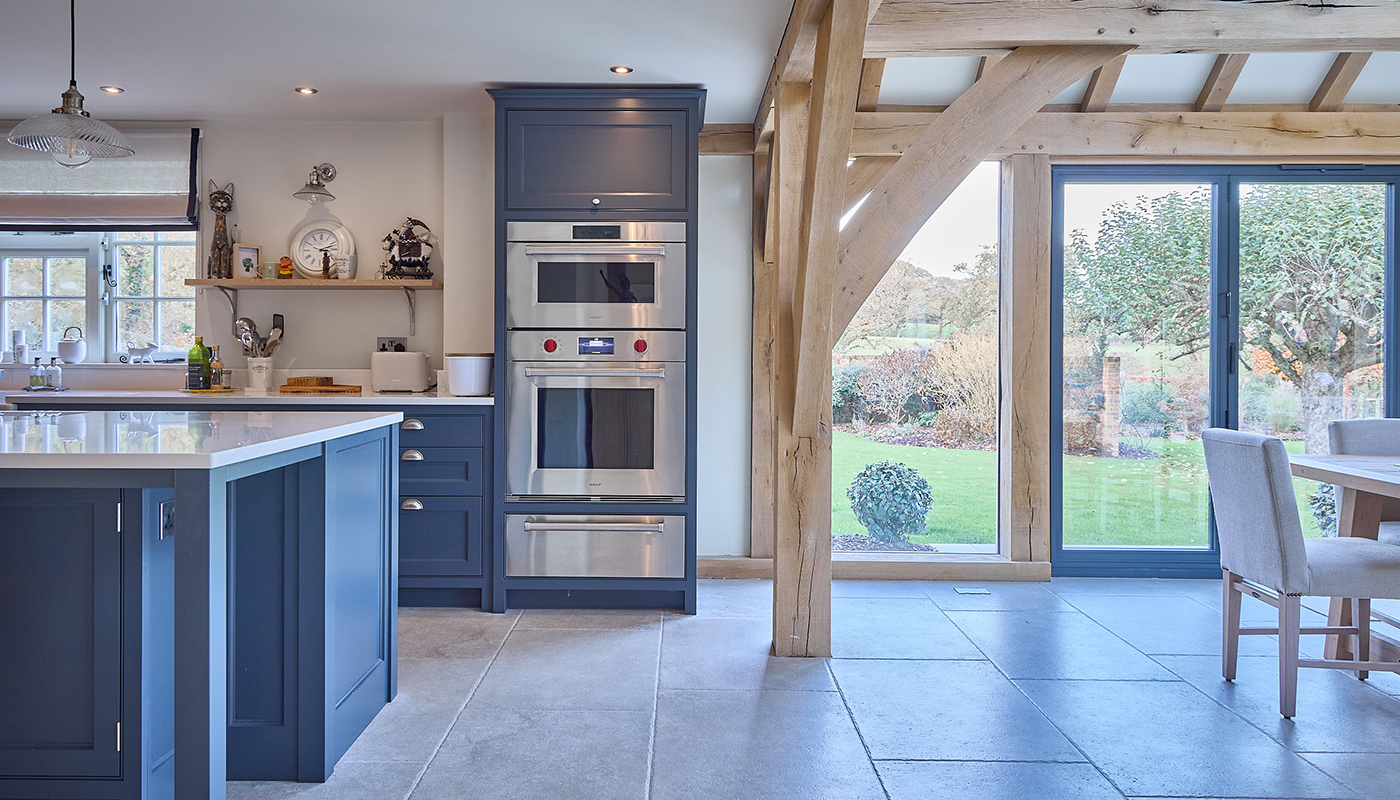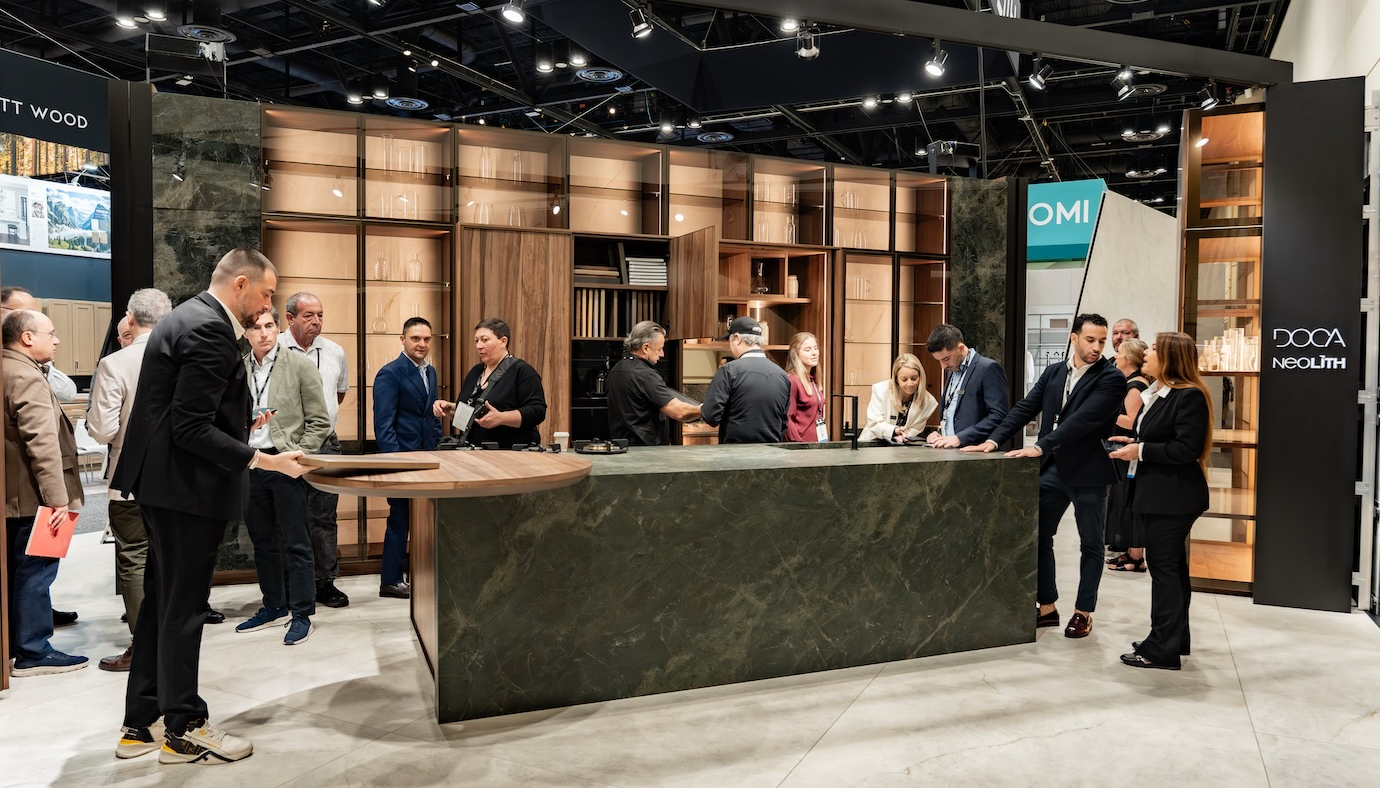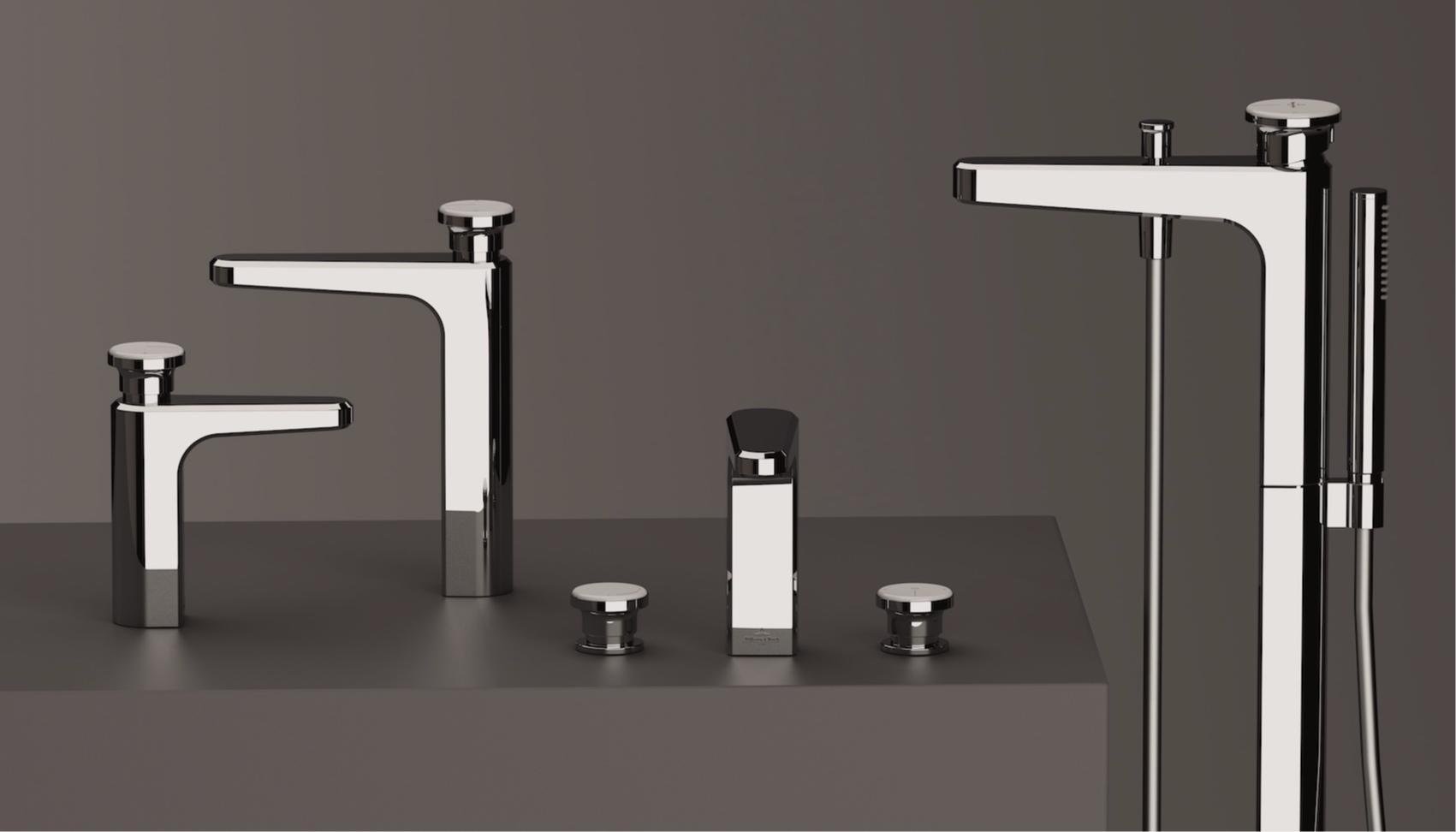Rearo looks to double the scale of its commercial operation

Rearo looks to double the scale of its commercial operation
Rearo, which specialises in the manufacture and supply of bathroom and kitchen surfaces for UK trade and retail markets, has laid out plans to double the scale of its commercial operation.
Glasgow-based Rearo, which provides toilet cubicles and washroom facilities, has announced plans to achieve 100% growth in its commercial sales over the next 12 months.
The company’s growth strategy is underpinned by a robust recovery from the Covid downturn in the past two financial years and an anticipated surge in demand for dedicated male and female toilet facilities following new building regulations in England and Wales.
Rearo, which supplies a range of UK businesses including fast food restaurants, supermarkets, and high street chains, says it has now made a full recovery after the pandemic. It reports turnover for the past 12 months as £9.65m, with a provisional target of £10.8m for the 2024-2025 financial year.
In the last 12 months, commercial products accounted for 22% of sales, exceeding the company’s target by 13%. This success has prompted a revised commercial sales target of £5m for 2025, compared with a previous target of £2.3m.
The company also says it is anticipating a significant increase in demand for its products as a result of new government regulations banning gender-neutral toilets with multiple cubicles in England and Wales.
These regulations are expected to drive demand for separate male and female toilet facilities in all new non-domestic public and private buildings. Rearo continues to produce and supply gender neutral toilet cubicles for buildings in Scotland, where building regulations have not changed.
Rearo has further enhanced its product offerings with the introduction of wash troughs and new laminate finishes, including anti-fingerprint technology and soft matte surfaces.
Graham Mercer, MD of Rearo, pictured, said: “We are incredibly excited about the opportunities ahead for Rearo. We are confident that we can achieve our ambitious targets, particularly as we are well-positioned to capitalise on the changing landscape of washroom facilities in the UK.”
Tags: industry, news, rearo, graham mercer, bathrooms, kitchens, surfaces




